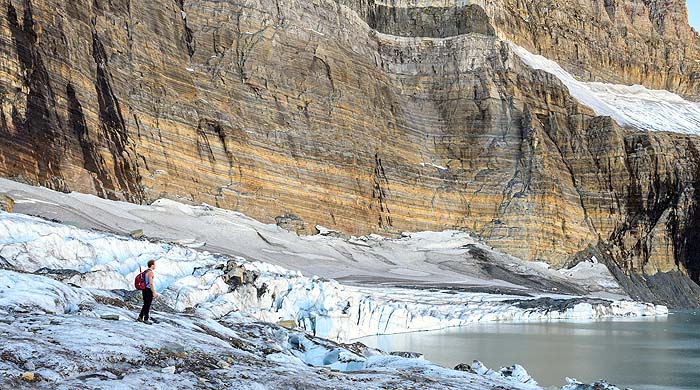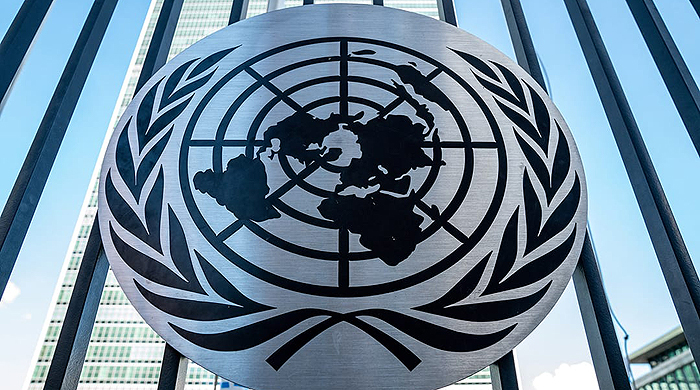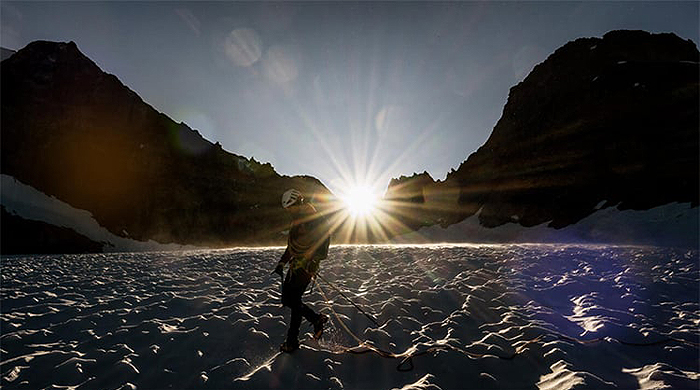Khondaker Abdul Motin, Editor, May 13, 2024 (Matrikkantha/AFP) - Across the United States, the climate crisis is encroaching upon the very essence of its treasured national parks. From the melting ice of Glacier National Park to the burning Sequoia trees, and the parched landscape of Saguaro National Park, these iconic sites face an existential threat that challenges their very namesake.
For generations, these parks have epitomized the American spirit, offering vast expanses and awe-inspiring vistas. However, today, they stand as vulnerable symbols of a changing climate, facing a future where their names could become cruel reminders of what once was.
Deep within Montana's Glacier National Park, the once-majestic Grinnell Glacier is now a shadow of its former self. Visitors who make the arduous journey are met with a startling sight: a serene lake of pale blue water, surrounded by towering peaks. Yet, this tranquil scene belies the stark reality of a rapidly warming planet. Just a few decades ago, this landscape was cloaked in ice. Now, the glacier itself is confined to a small hollow, nestled at the edge of the lake it helped create through its own demise.
As he prepares to explore the glacier, student Ryan Bergman reflects on the impermanence of the natural world. "I want to know that this beauty will endure for generations to come," he says, echoing the sentiments of many who visit these parks in search of solace and connection to nature.
Yet, time is running out. Glacier National Park has lost 60 percent of its glaciers since the 1850s, with scientists predicting their complete disappearance by the end of the century.
The plight of these parks has prompted a philosophical shift within the National Park Service (NPS), the federal agency tasked with their preservation. No longer bound by the ideal of maintaining these landscapes unchanged, the NPS now grapples with the reality that some losses may be inevitable.
Despite efforts to mitigate the impacts of climate change, the challenges facing these parks are daunting. Rising temperatures, shifting precipitation patterns, and invasive species threaten to unravel the delicate ecosystems that have evolved over millennia.
At Glacier National Park, efforts are underway to rescue the native bull trout from warming waters and competition from non-native species. In Sequoia National Park, firefighters battle to save the towering trees from increasingly frequent and intense wildfires. And at Saguaro National Park, volunteers work tirelessly to remove invasive plants that threaten the iconic cacti.
Yet, for all their efforts, the future remains uncertain. The loss of these natural wonders would not only be an ecological tragedy but also a cultural one. For Native American tribes, these parks hold deep spiritual significance, serving as a connection to their ancestral lands.
As the climate crisis intensifies, the urgency of action becomes ever more apparent. National parks, once thought of as timeless refuges, now stand as bellwethers of a changing world. The question remains: will we heed their warning and take the necessary steps to safeguard our planet for future generations?











